Exclusives
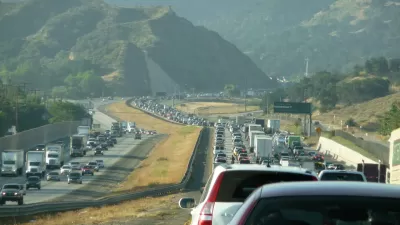
BLOG POST
Highway to Serfdom
Classical liberal commentator F.A. Hayek argued that monomaniacal government planning would eventually lead to limits on individual freedom—and government hostility to pedestrians may be an example of this.
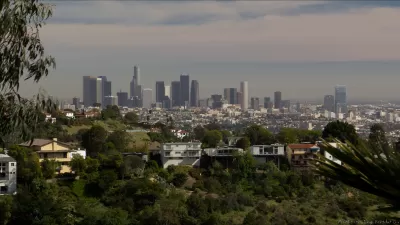
BLOG POST
Some Like it Hot: Adapting Los Angeles to Climate Change
Closing out the "Just Add Water" lecture series, four panelists came together to discuss climate change, cultural shifts for sustainability, and adapting Los Angeles's urban fabric for greater climate resiliency in the future.
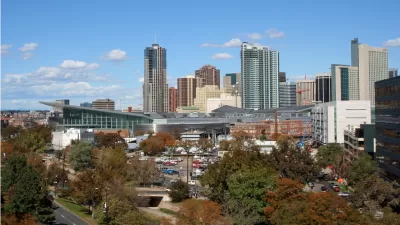
BLOG POST
Millennial Fever: Taking Stock of Denver Placemaking
Denver's investments in placemaking—guided by the city's great appeal to Millennials—are a mixed bag of hits, misses, and open questions.

FEATURE
Book Review: 'How Paris Became Paris'
"How Paris Became Paris: The Invention of the Modern City," by Joan DeJean, is full of creative insights on the symptoms of urban modernity as well as bold statements about how Paris came to be one of the world's great cities.
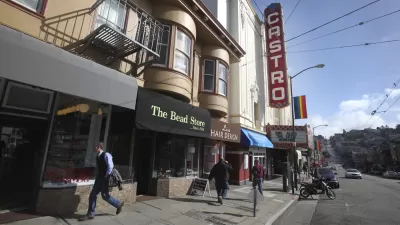
BLOG POST
Do Evolving Neighborhoods Mean Dissolving Communities?
Exploding housing costs and changing social attitudes are altering the demographics of established gay neighborhoods in several big cities. As communities become more fluid, do we risk losing their culture?

FEATURE
How a Bunch of Nosepickers are Helping Nashville Plan for its Future
Booming development and shifting demographics are driving updates to Music City’s land use policies. Civic leaders and planners say they want residents to steer the process, which has meant getting people’s attention in some unlikely ways.

BLOG POST
Mission Accomplished? Not Yet
Even if today's renters and homebuyers are more likely to want urban life and walkable neighborhoods than their parents, plenty of political obstacles stand in their way.

BLOG POST
Does the Aspen Ideas Festival Offer Compelling Ideas for Improving City Life?
The Aspen Ideas Festival didn't offer much that was particularly compelling, but it had its moments.

BLOG POST
Time to Look at Oakland
While Oakland is by no means an easy place to develop real estate, the often maligned East Bay city of over 400,000 residents may very well be the Bay Area’s best place to embrace much-needed development.

FEATURE
How Self-Driving Cars Can (and Should) Improve Transit
Comments on the proceedings of the Automated Vehicles Symposium (San Francisco, July 14-18, 2014), where participants addressed the many transportation and land use implications of an automated future.

BLOG POST
The University and The City: Location and Structure
Institutional structure and culture can matter as much as location to the success and survival of urban universities.
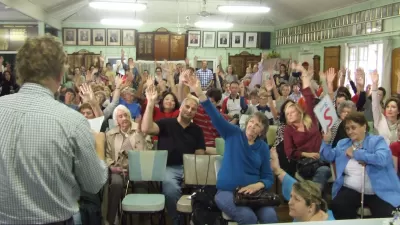
FEATURE
How Civic Engagement Platforms Can Bring Back the Expertise of Urban Planners
The increasing use of online civic engagement platforms offers a chance for planners to improve the planning process—that is, if they take full advantage of the opportunities presented by the new technology to showcase their expertise.

BLOG POST
Manifesto for an Intercultural Urbanism
What are the philosophical and practical commitments of an approach to urban planning that respects cultural differences in ways of being and building?

BLOG POST
Transit-Oriented Cities and Safety: Another Look
Transit-oriented cities are safer than car-dependent cities of comparable size, especially if one considers traffic fatalities in car-dependent cities.
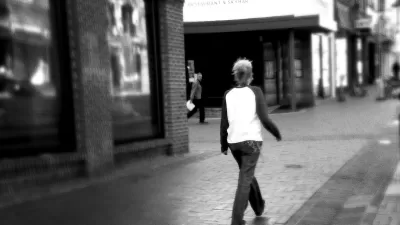
BLOG POST
New Research: Are Women Empowered by New Urbanism?
Charlotte Fagan and Dan Trudeau (Mcalester college) study two New Urbanist neighborhoods in Minneapolis to understand the ways in which New Urbanism impacts the empowerment of women.
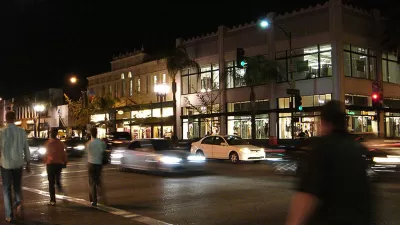
BLOG POST
More Great Research Quantifying Smart Growth Benefits
New research can help planners understand how specific decisions will affect transport activity (how and how much people travel), and their ultimate economic, social, and environmental impacts.

BLOG POST
Why Foreign Money is Irrelevant to Increasing Density
While concern over foreign investment in the local real estate market is perfectly valid, the concern is irrelevant to the reasons and need to increase density and the supply of housing.
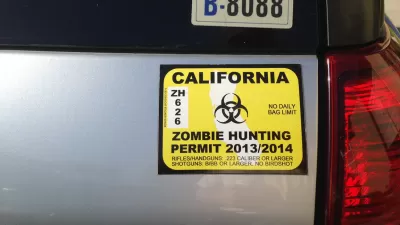
FEATURE
Thriving in the New Zombie Future: Business as Usual Planning for the Zombie Apocalypse
A satirical post welcomes the metaphorical zombie state experienced by humans in the modern built environment as the path of least resistance for a literal, future zombie state.
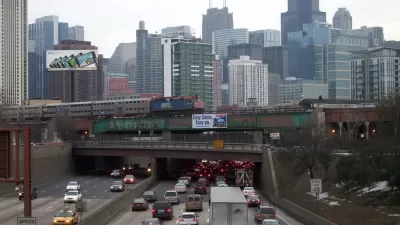
BLOG POST
Transit, Density, and Congestion
The most transit-oriented metro areas often have lower levels of traffic congestion than one might expect based on their size.
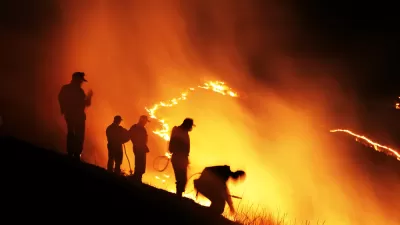
BLOG POST
The Least Popular Posts of 2014
Through the first six months of 2014, some Planetizen posts proved less than enticing to our readers. Instead of dwelling on that distinction as ignominious, let's consider how these neglected few might provide insight into the planning discussion.
Pagination
Clanton & Associates, Inc.
Jessamine County Fiscal Court
Institute for Housing and Urban Development Studies (IHS)
City of Grandview
Harvard GSD Executive Education
Toledo-Lucas County Plan Commissions
Salt Lake City
NYU Wagner Graduate School of Public Service
Urban Design for Planners 1: Software Tools
This six-course series explores essential urban design concepts using open source software and equips planners with the tools they need to participate fully in the urban design process.
Planning for Universal Design
Learn the tools for implementing Universal Design in planning regulations.


































